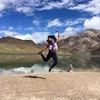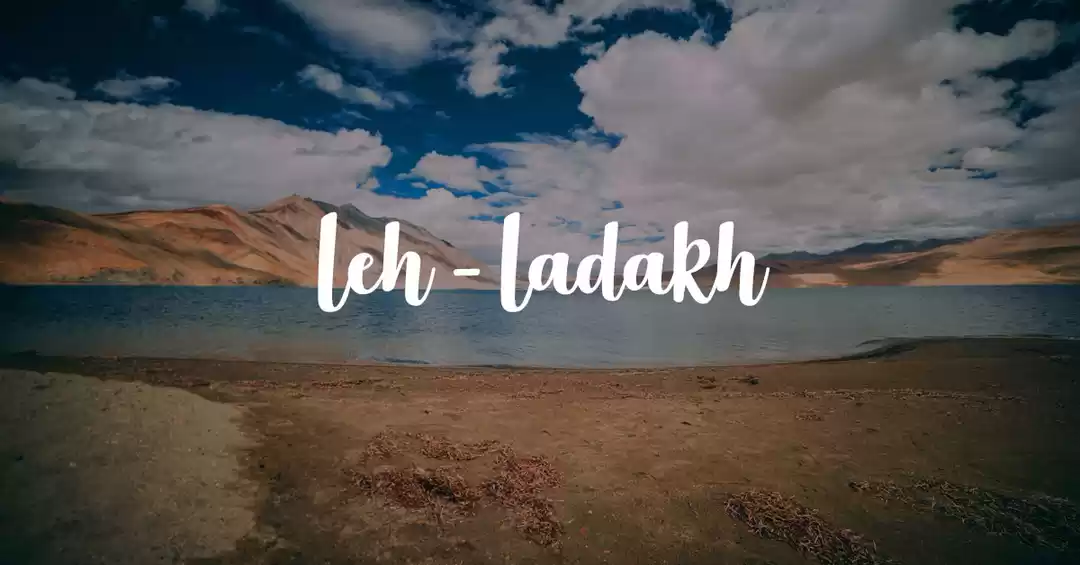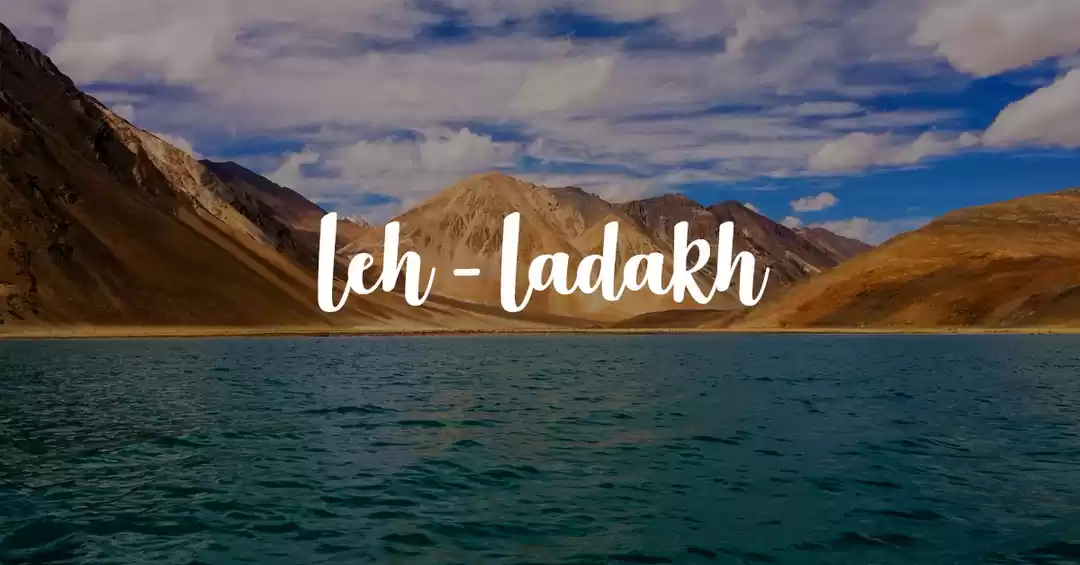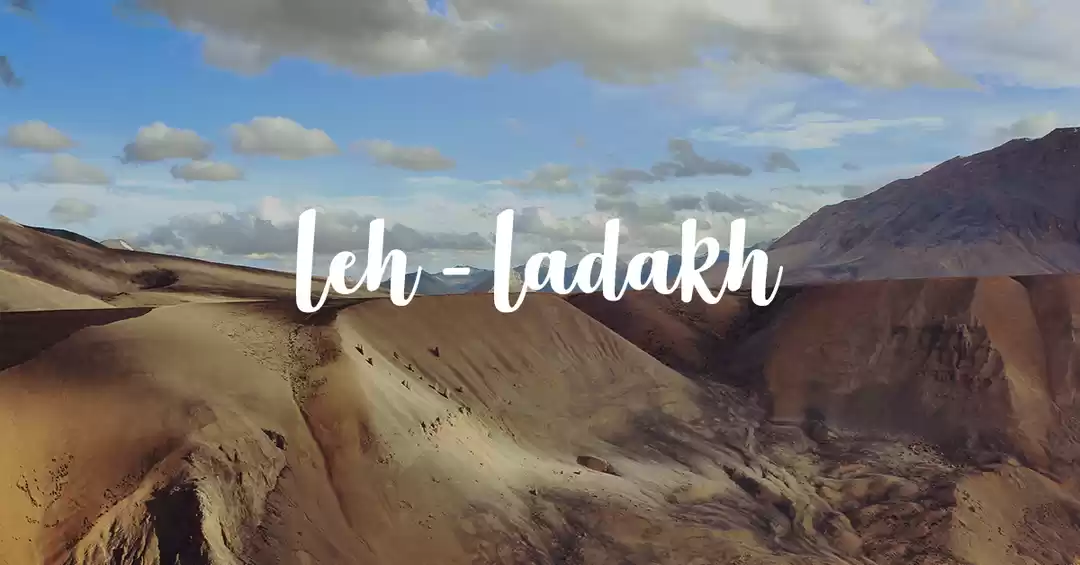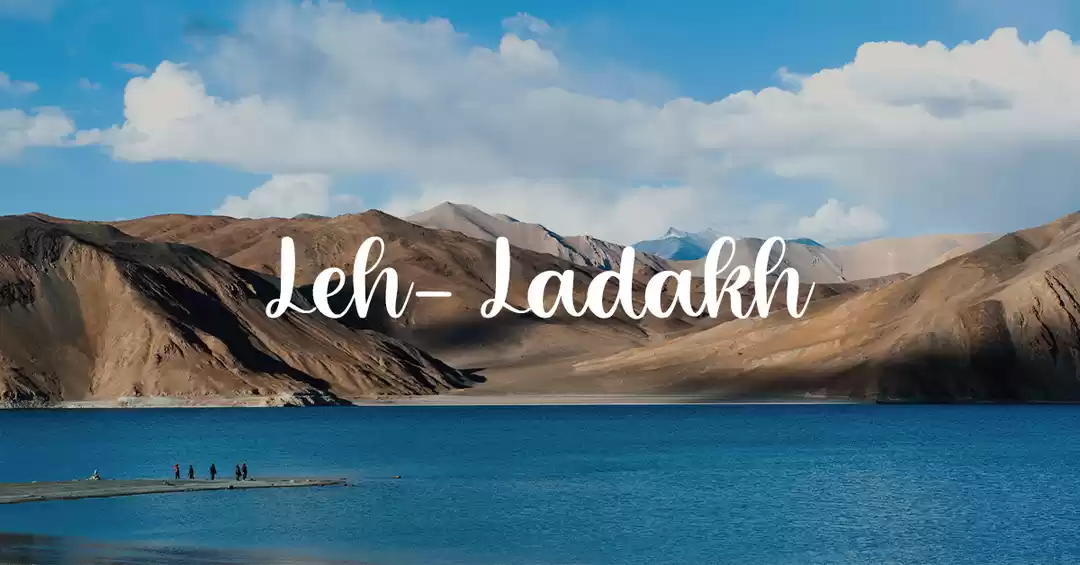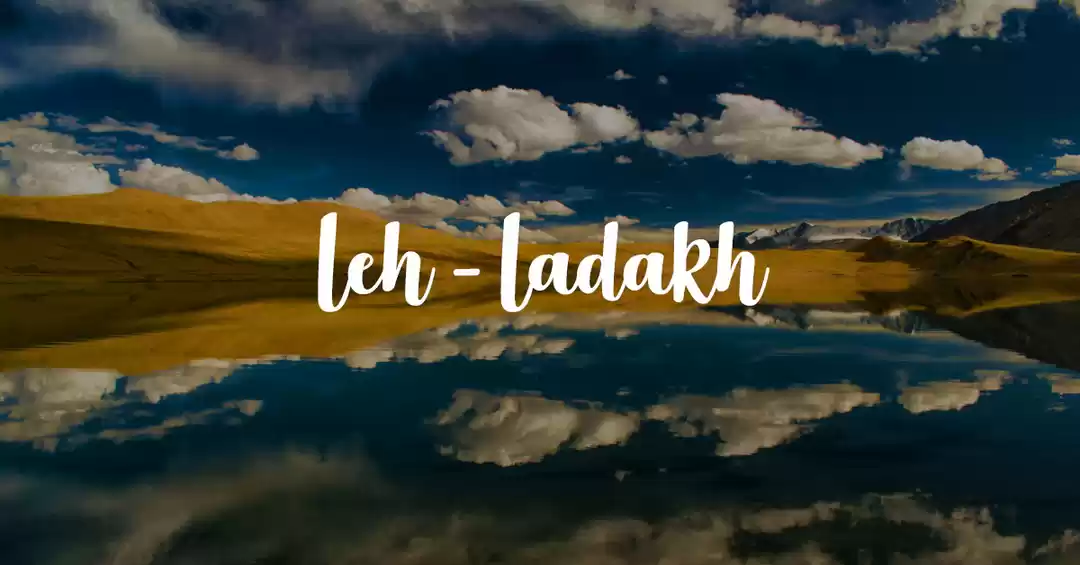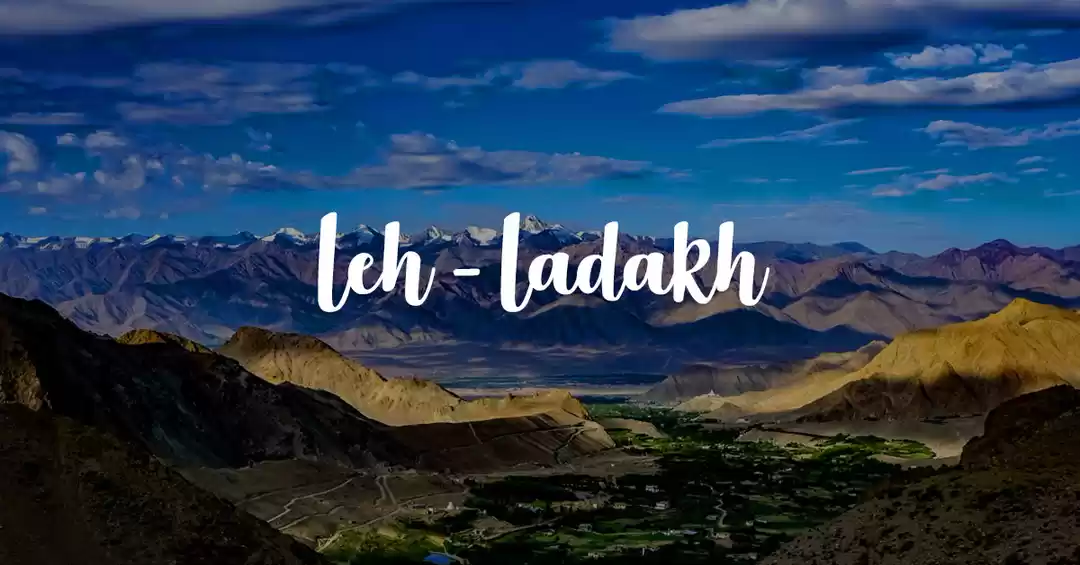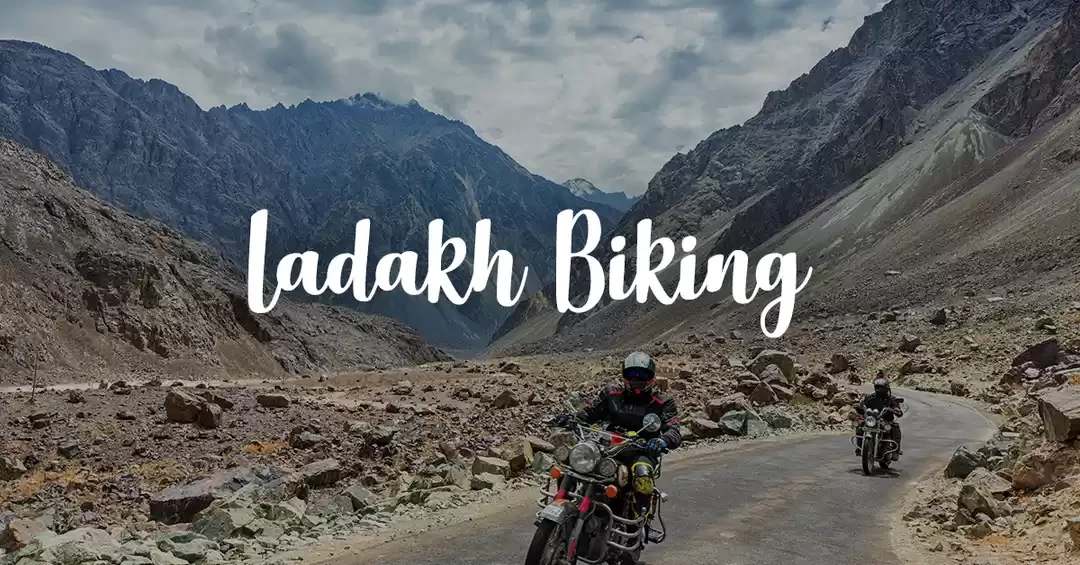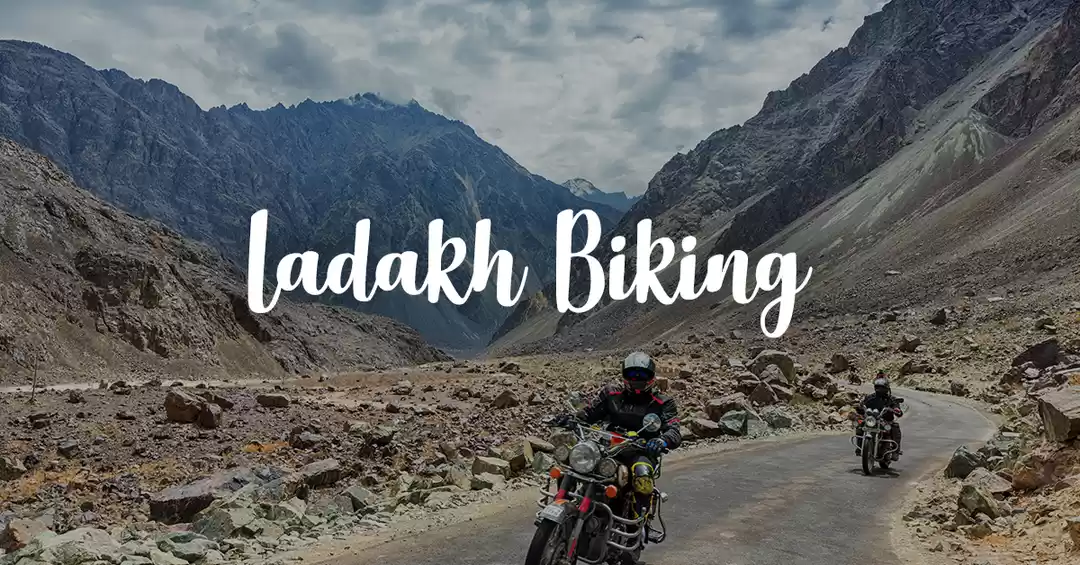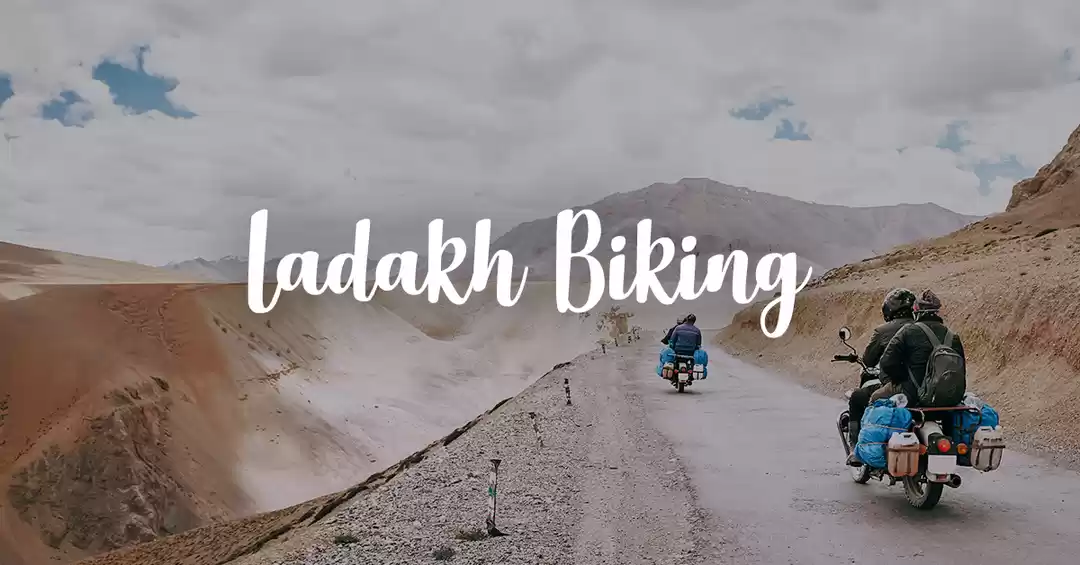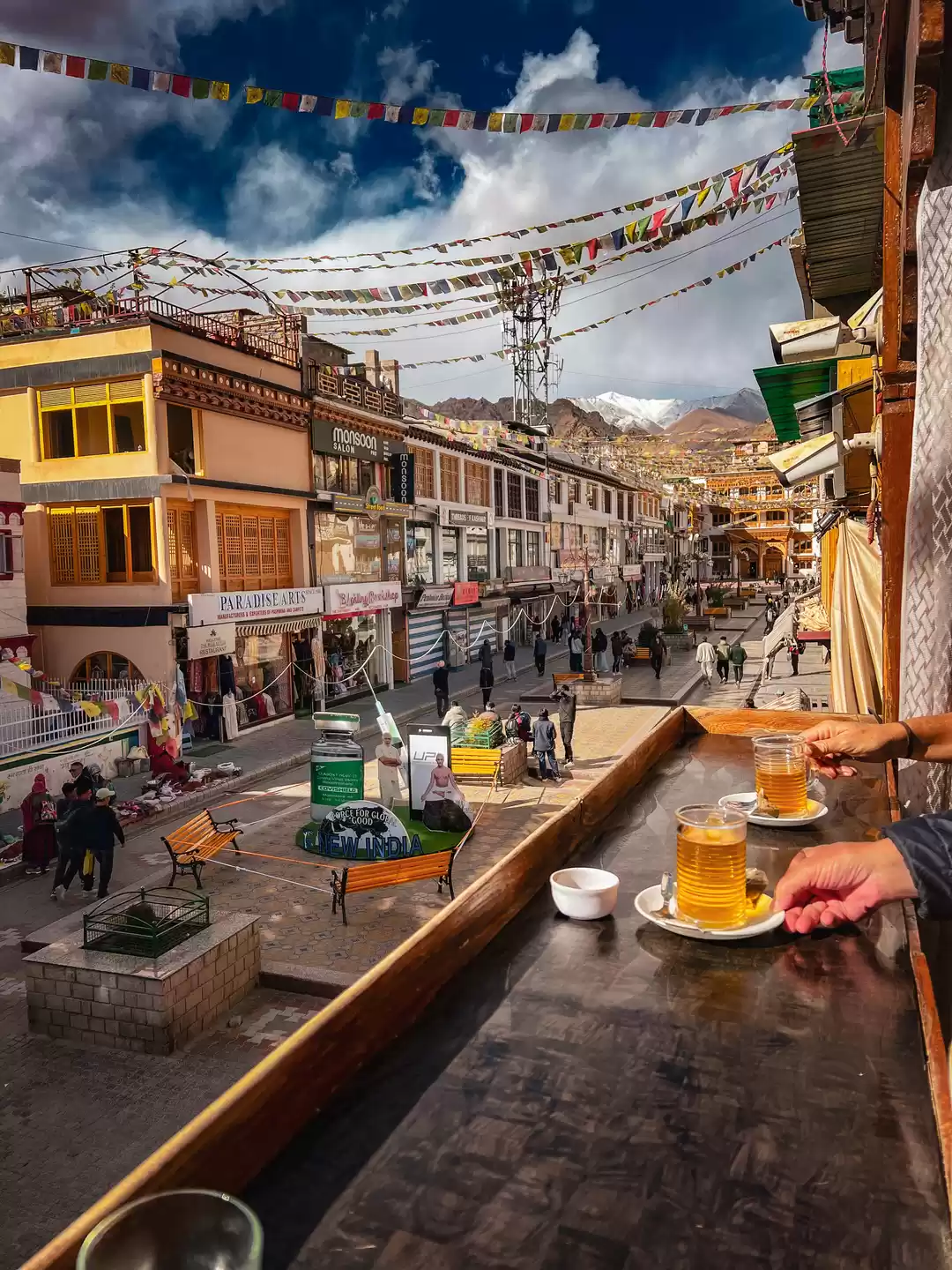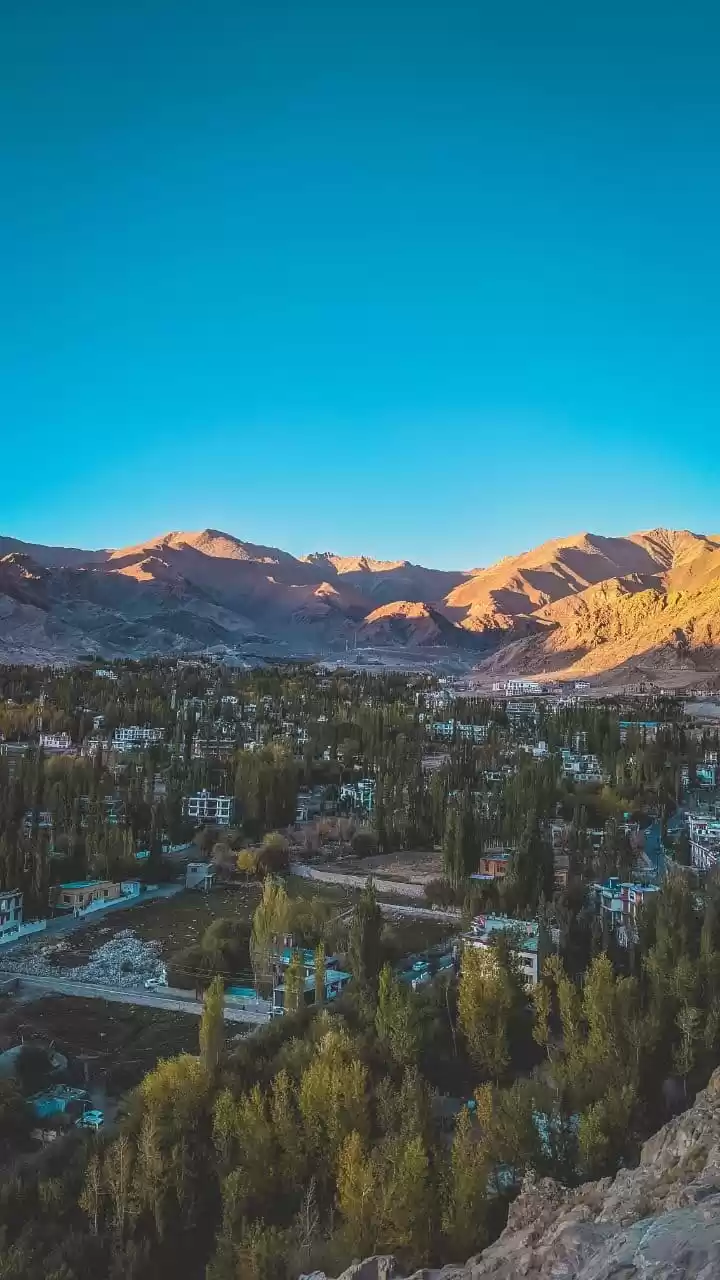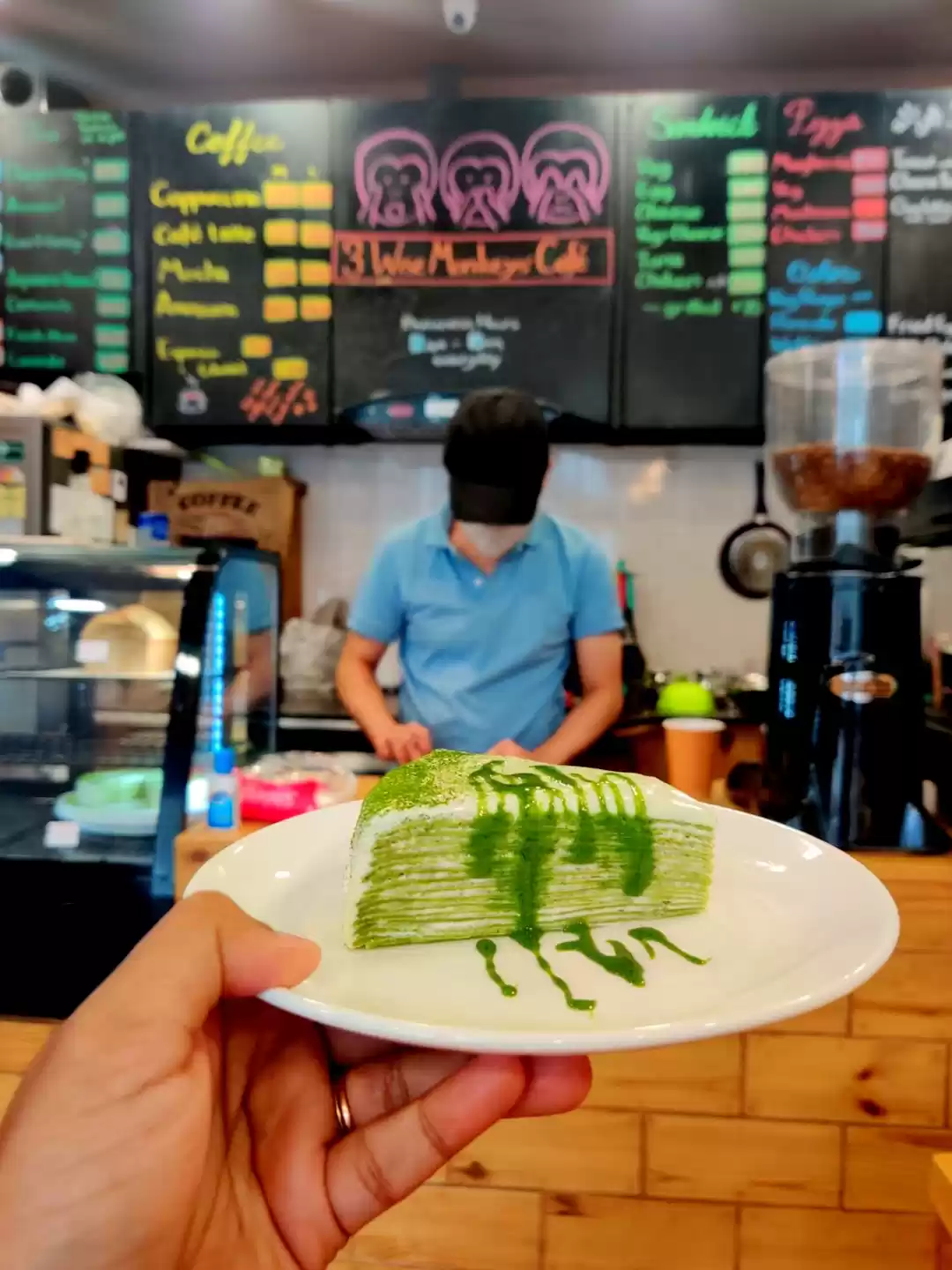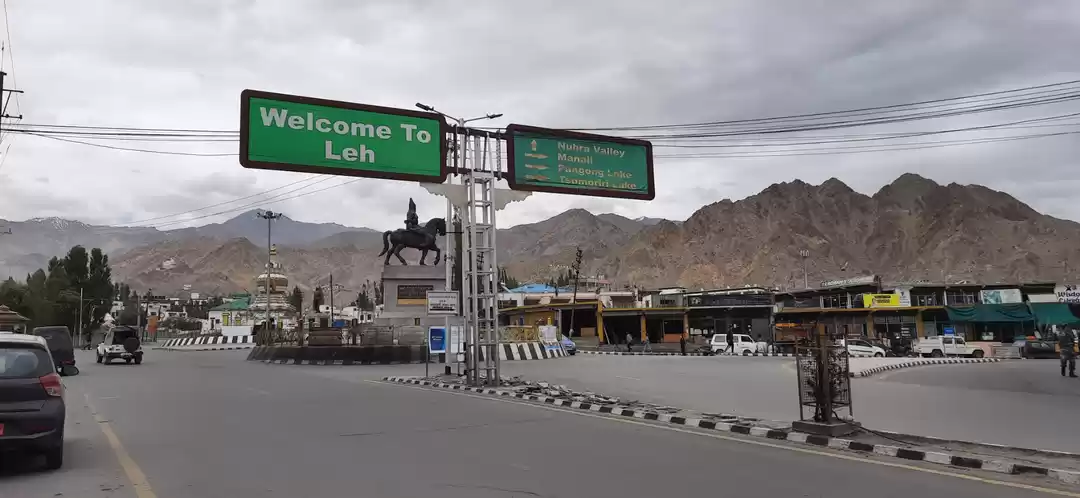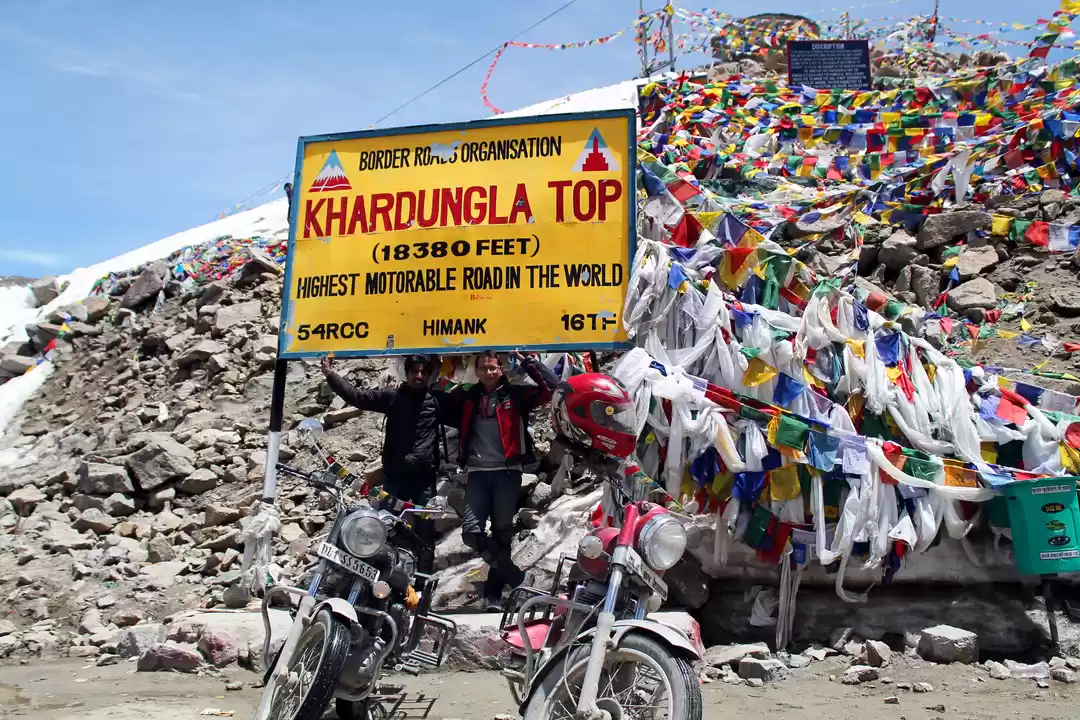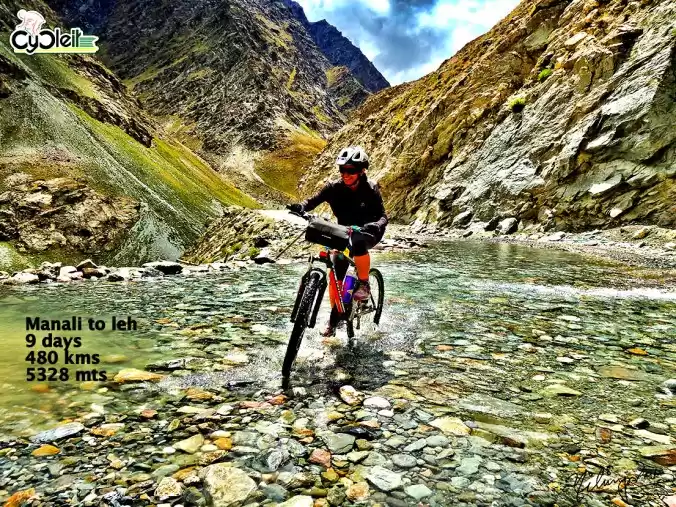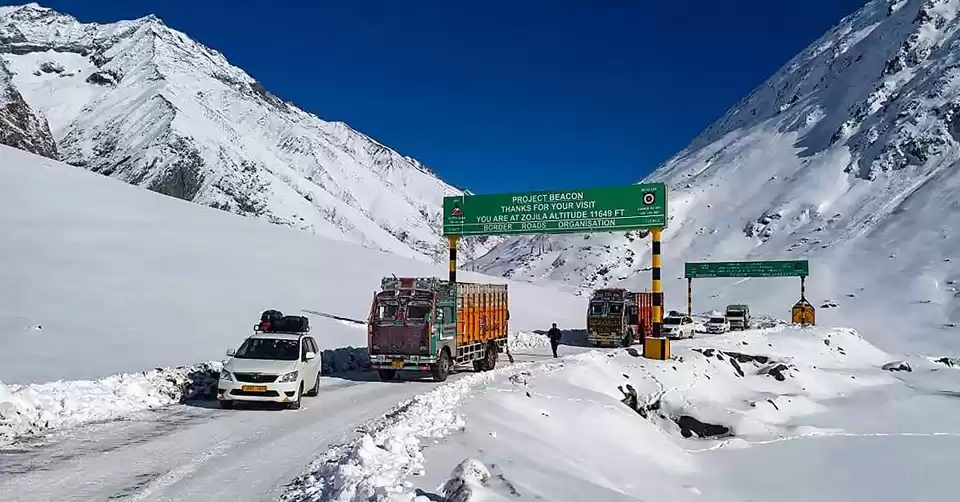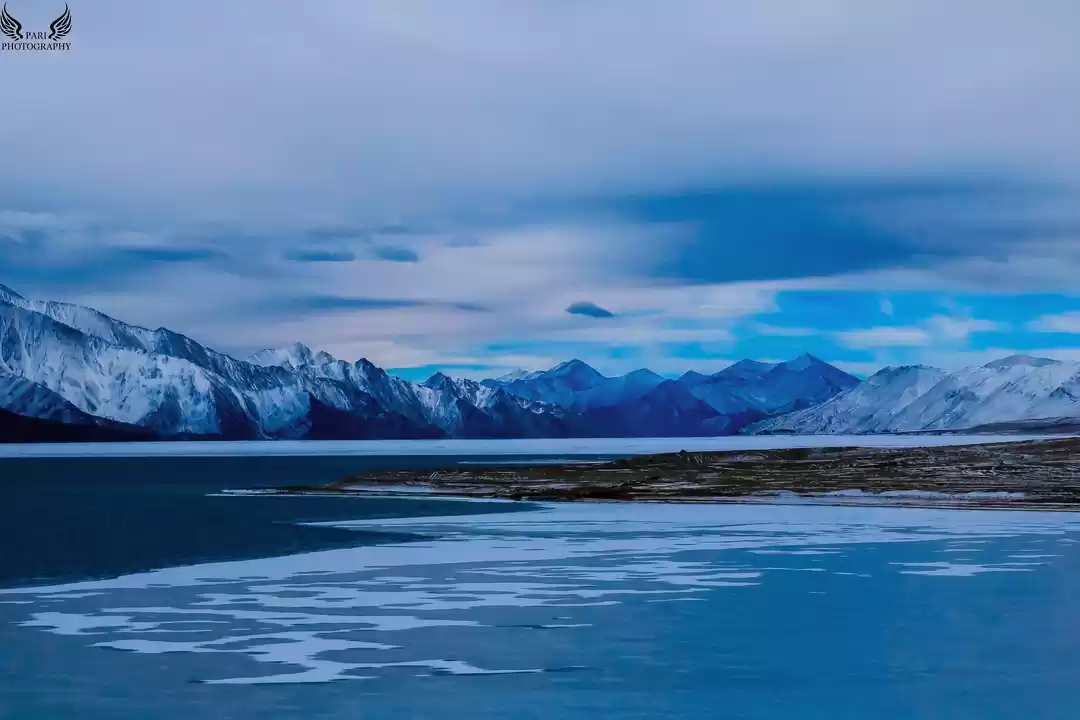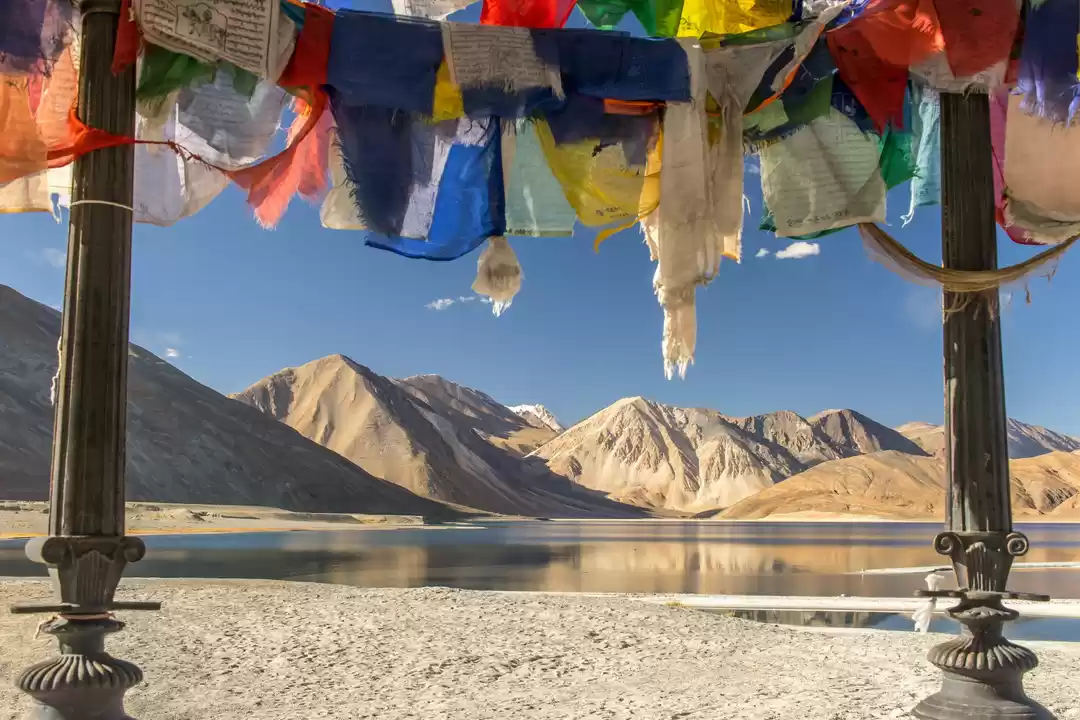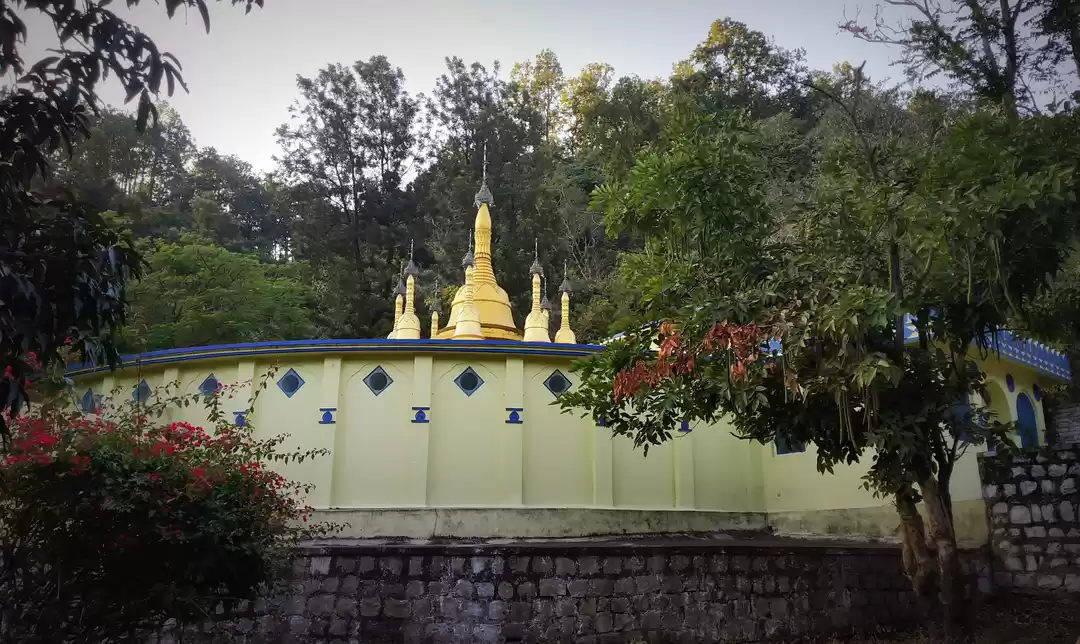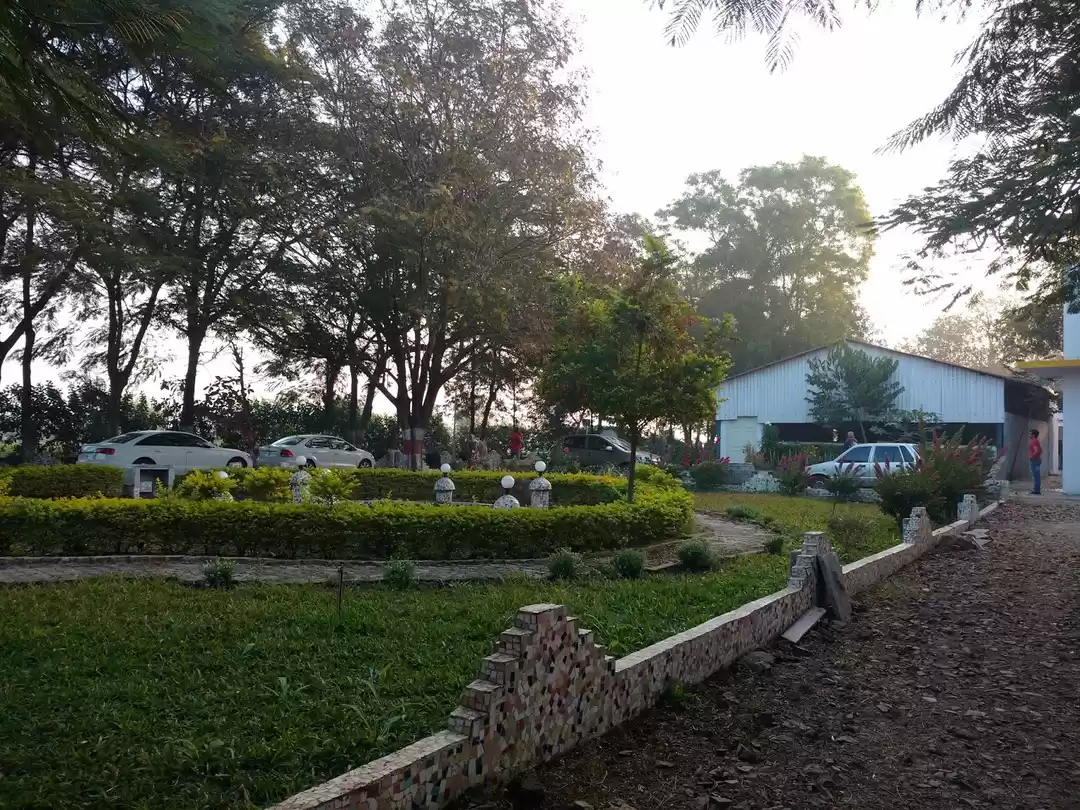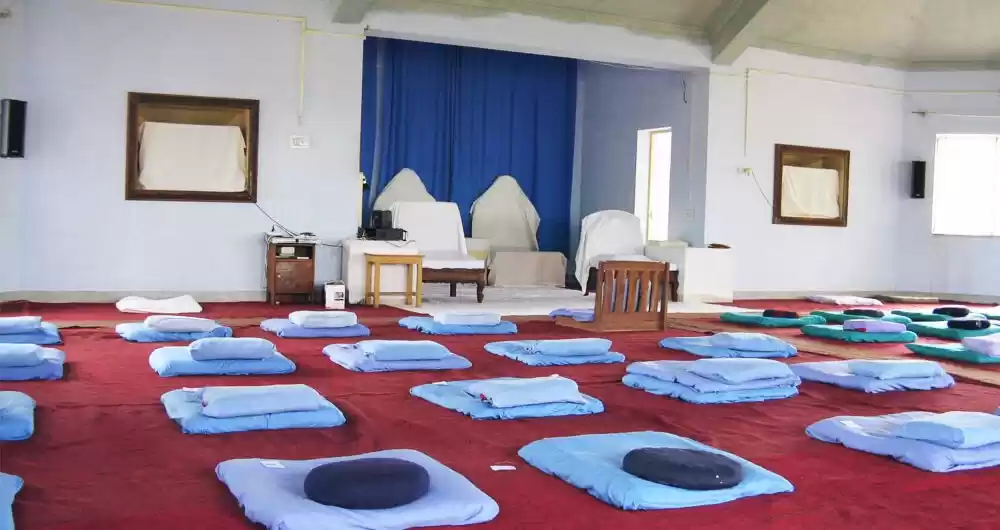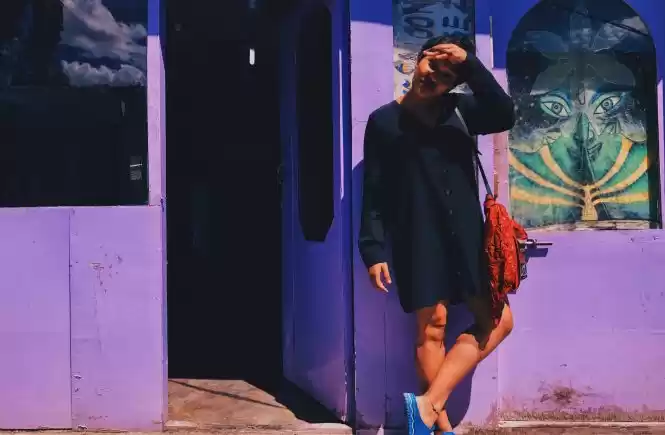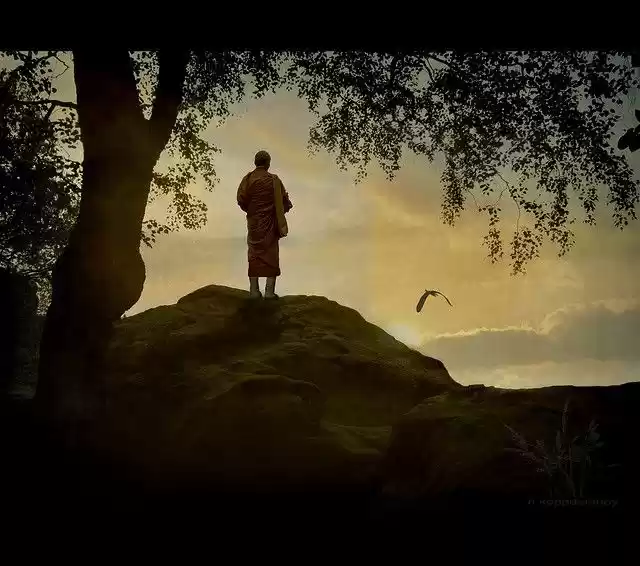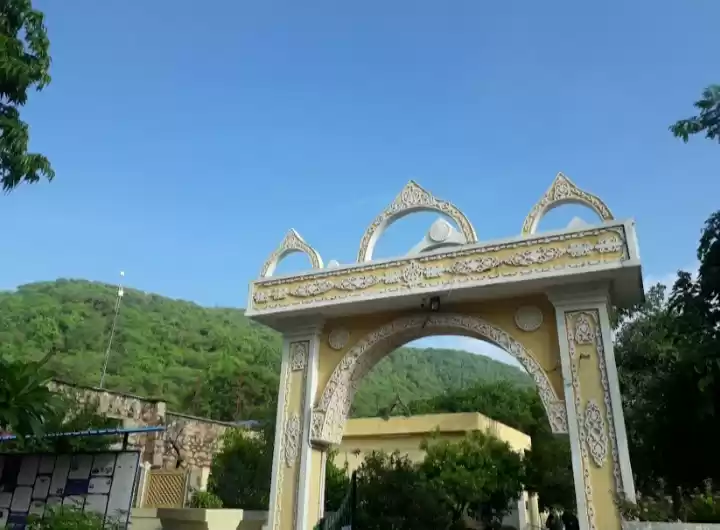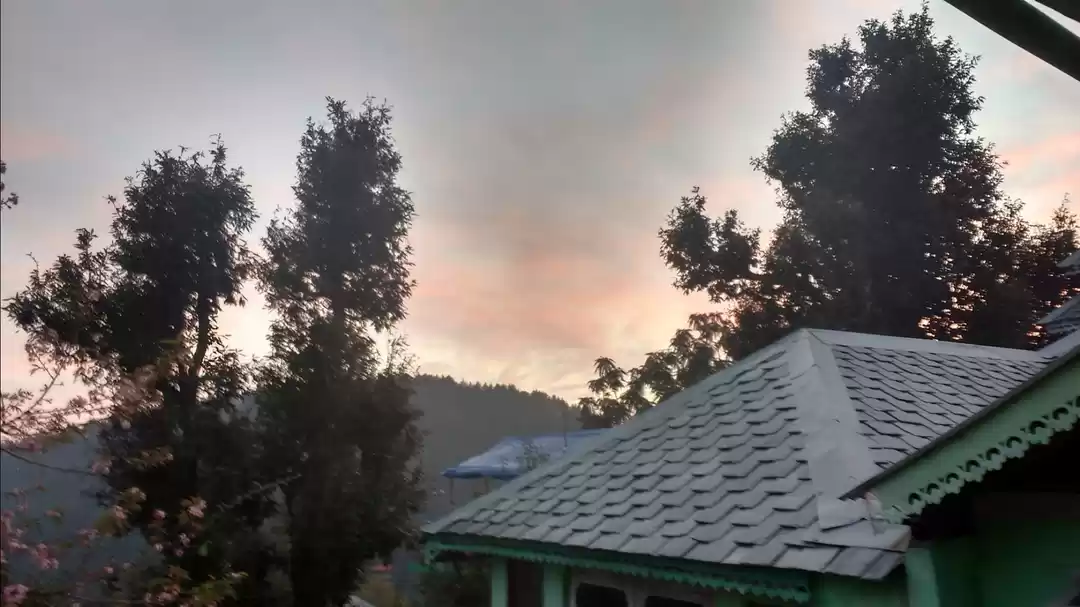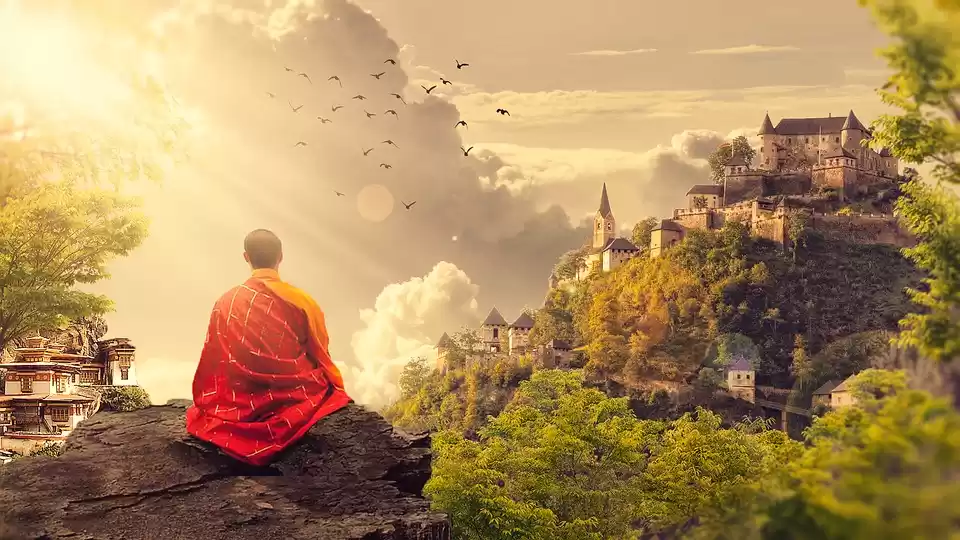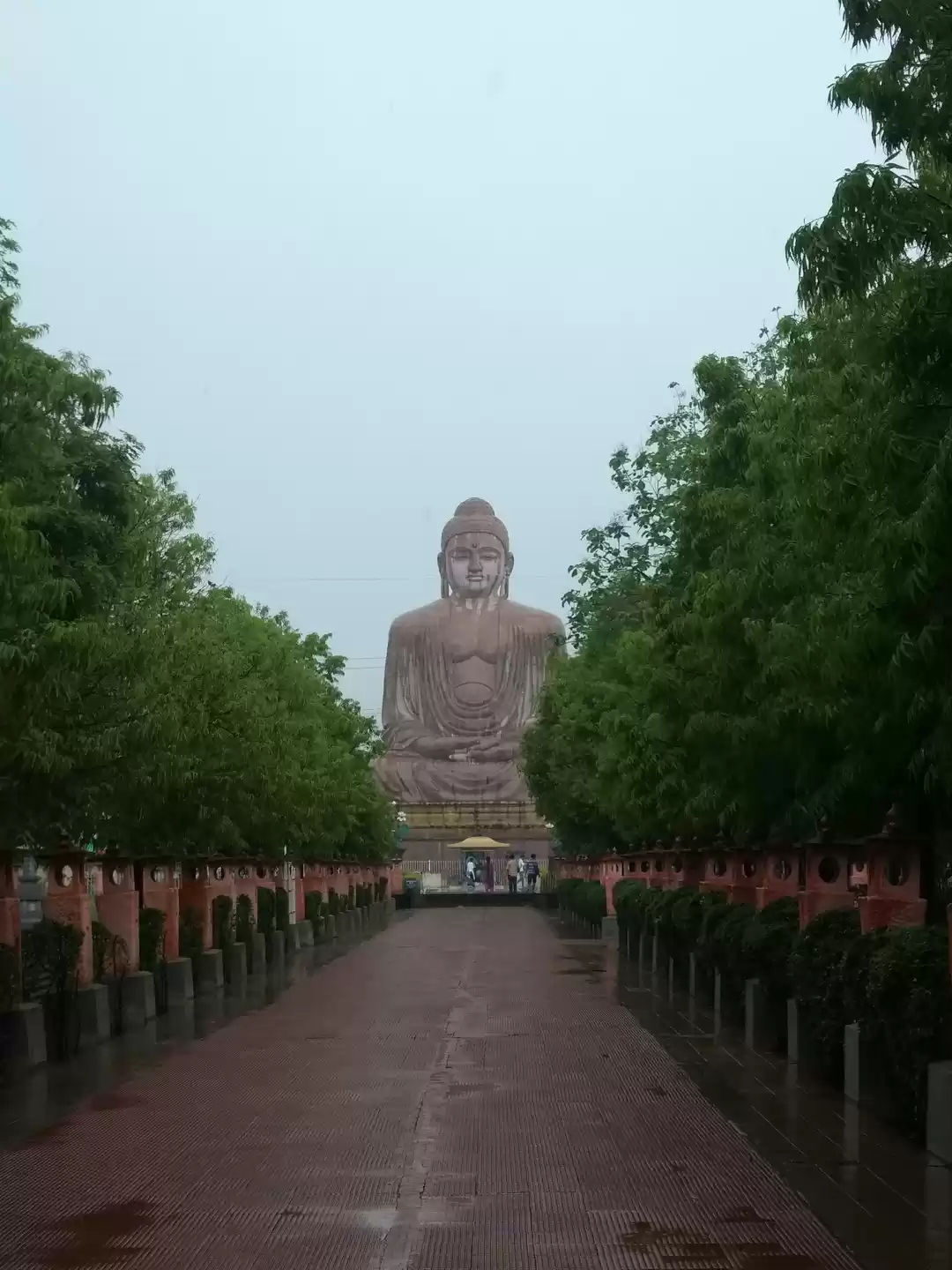What is Vipassana?
"The technique of Vipassana Meditation is taught at ten-day residential courses during which participants learn the basics of the method, and practice sufficiently to experience its beneficial results. There are no charges for the courses - not even to cover the cost of food and accommodation. All expenses are met by donations from people who, having completed a course and experienced the benefits of Vipassana, wish to give others the opportunity to also benefit."
"The elements of an emotion never to be admitted" - Ayn Rand
That's how Ayn Rand wrote a perfect sentence to describe my experience with Vipassana Ten-Day Course, in one of her greatest works, Atlas Shrugged [page 315].
I spoke about how I spent seventeen days in Ladakh in my earlier blog where I scooped a major chunk of ten days and my Vipassana Experience. It has definitely been one of the most difficult-to-write-about experience for me and that's why it has taken me almost an entire year to finally open my laptop and start typing about how it was.
First of all, I'd tell you how I applied. After moving to Gwalior [my hometown], in April 2017, I was quite pulled to the idea of attending a ten-day silence to get clarity about my life. After hearing multiple stories of change and revelations, of pain and change, of giving up and surviving, it felt like I could use some help of it too. I was going through a phase of being lost and it seemed never-ending. There was a determination to do anything that could let me peep into my constant question to life "What's next?"
At first, I presumed that Vipassana was going to show me my path - the path.
However, I was ridiculously wrong about the whole thing. One of the most important things that I learned there was - there is no ONE path, there are infinite paths. I don't know how to explain what it means, but keep reading because this blog is not just for you to understand my experience, but for me to understand it equally.
Anywho, with whatever intention, I was driven to go for Vipassana.
Mohit, in whom I found a younger brother at my hostel two years ago, was running a cafe in Leh - Chanspa, to be more precise. I knew I had to visit the place. As far-fetched, unrealistic, dreamy my dreams are - I am never afraid to dream big. So, I dreamt of travelling to Ladakh solo in April.
During the planning phase of the third edition of The Lost Tribe Art Festival '17, I daydreamed of going to Ladakh once I wrapped up the festival in July end. I didn't know how it was to come true. But I didn't stop dreaming of going there. I had no idea how I was going to get my parents to agree to this.
I started talking about Vipassana Course and how I wanted to attend, with my folks. It struck me that I could go to the course in Ladakh after the art festival and that's how I applied. They have a long form and I procrastinated for a long time before I finally submitted it. I got a selection e-mail earlier than expected. That's how I got closer to live my Ladakh dream. The Course is absolutely free of cost - it included free accommodation and food. You can apply here.
Day Zero:

We were called a day early before the course was going to start. I was sick to my guts on the day I was supposed to leave from Leh to reach the village, Saboo, where Dhamma Centre is. Their communication system is very good and there was no hustle in reaching the village. I was in a women's only course [not that I chose it in particular]. I hadn't intended to, perhaps it was the size of Leh that I had run into about half of the women who were going to the course too. So, I found enough company to share a taxi with from Leh to Saboo.
I felt really sick, as the weather took a toll. The Acute Mountain Sickness hit me hard on the sixth day of me being at such a height. I mean, WTF. My body hurt and I felt little to none confidence of surviving the ride that this retreat was going to be.
We were given instructions and after a light dinner at 5 PM, we went into a complete silence [Maun vrat] for ten days straight. I had no idea the food at 5 PM was the last meal of the day and I felt hungry and sick as the night grew darker in the starry fields of the middle-of-nowhere. There was a very small town, that fit between the gap of my fingers far distant at a mountain.
Ladakh terrains are brown ombre of beautiful stretches - wide and away - but they are also like an ambivalent emotion on a scale of solitude and loneliness.
The first night on the Day Zero was a hungry one. I barely survived.

The first day after the course commenced, I hoped it would get better. The silence felt good on the first day of waking up at 4 am. I couldn't believe myself. I had actually woken up from the sound of a brass handbell in the hands of a Volunteer [think she was from Spain and she never smiled]. She was really focused and would always join her hands to greet Namaste before & after throwing an instruction at you.
You know how when you hear your favourite song as an alarm ringtone - you somehow start hating it - that happened with me and the Spanish volunteer's face.

I skipped breakfast because I just couldn't eat at 6 in the morning. My body was just waking up. I dozed off most of the first two hours of "watch your breath". The next meal, the lunch, would be served at 11:30 we were told. For a simple and yet important reason that I don't eat before bathing - I pushed myself to wait for lunch. Everything was healthy - but the food was Satvic. Very fewer spices and very less salt. The body felt healthy and my mind felt hungry. No stimulus - you cannot read, write, draw, talk, listen, look someone in the eye, and you cannot fill the gaps in all these stimuli with food either.
I felt so empty - I felt this craving - I felt the urge to just do something. From a very young age, I have not known how not to do something. This obsession with not wanting to waste time was taking a toll on me as I had nothing to do but to sit in the meditating hall, stare at the sceneries and just be with my thoughts, breaths, myself.
That is the hardest thing to do, I learned - to be with your self. Ironic, isn't it?
I think everyone felt this need. Everyone acted out in different ways.
Three things that we all did in common, us 40 women of different shapes and sizes, from diverse nationalities and linguistic identities:
1. We all watched sunrises and sunsets religiously, from the spots we somehow we created to hold on to something amidst the big mountains and the bigger rocks.
2. We cried, we all cried as we sat on those spots between two meditation sessions in the hall. In ten days, we all had our moments of breaking down and letting ourselves pour down - as if we were melting, almost evaporating into thin air with our tears - like camphor.
3. We had so much time, that we all combed our hair a bit too much. It may sound funny to you, but I am someone who finds combing my hair a very very tedious task and I avoid it as much as I can. But during Vipassana, I brushed and combed my hair about seventeen times in a day. My hair turned straight from wavy. I oiled and washed my hair, and moisturized every part of my skin in the dry atmosphere of high altitudes. I took care of my self. All the women did.

Day 2 & 3:
I thought to myself - "oh, it is not that bad after all" "look, two days are already over, look three days are already over" "Maybe the initial days go like this and then it gets more thrilling"
I was skipping Breakfasts and I was starving. When I saw myself in the tiny mirror near the common bathrooms, I noticed my shoulder blades become edgier and the bone around my neck taking its prominent presence. I was catching up on the meditation. My legs hurt sitting in the hall at the same position which was given to us on Day Zero. My back hurt more eventually. I saw some of the women moved near the wall to take back support and one day, I did too. That made a lot of difference.
Day 4:
This the day when we got our main teaching. The real art of Vipassana. The fourth day is the only day when you are asked to sit for two and half hour - that is when you are taught how to practice the Vipassana Meditation in the voice of S. N. Goenka [the entire ten days - they play the recorded tapes of Goenka who instructs in both English and Hindi].
Those two and a half hours was the most relevant from my ten days.
Being someone who is very religious and spiritual from a very young age, then, studying Psychology and gone through Analysis for a long time and also the fact that I was one of the youngest people in the Course - I experienced something that my friends tell people do when they have finished at least 4-5 courses.
I saw my two-year-old self or even smaller. It was like a movie. I saw myself there, as a 2 yr old baby lying in my mother's laps, wearing a pink colour sequenced lehenga at a relative's wedding. There was a feeling of discomfort, of how the sequencing poked my soft baby skin... [I wouldn't want to share more of this for it's too personal, but I am amazed at how every little detail that I saw was a real detail - I had actually gone back into one of the thousands of memory nods stored in my brain].

That was my first learning from Vipassana -
Your DNA or soul stores all information from this life and of all the million lives you must have lived in your entire existence. Krishna Das said the same thing to me on our last day together, before he was just leaving "it's all inside us". Isn't it insane how?
I mean, if all the information from all our past lives is stored inside us - that means we are a walking encyclopedia and the means to unlock each level of knowledge is our breath. The answer is as simple as this and as difficult as that. I mean, now that we know about this - what next? Is it that easy? The truth is - it is not. Despite knowing that the answers to all our troubles are our breath - how long can we last in concentrating on it before something distracts us?
That was my second learning from Vipassana [it was in one of the lectures from Goenka that we would be shown on TV every evening from 7-8:30 PM]: There are three types of wisdom:
1. The first is the wisdom gained by hearing or reading the words of others.
2. The second is intellectual wisdom: to test with one's reasoning and analyzing faculty whether the received wisdom is rational and logical. It cannot be said that these two types of wisdom are useless. However, because they are borrowed wisdom, usually the knowledge gained is merely intellectual, and no lasting benefit is derived from it.
3. The third kind of wisdom is experiential wisdom. It is wisdom manifested within ourselves, based on our own experience and therefore is truly beneficial. To develop [this wisdom], it is essential to practice morality and to [heighten awareness]. Only the mind established in [this awareness] can understand and realize the truth as it is.
So no matter how much read theories and philosophies - you must enter its experiential wisdom to know and understand, to learn and realize the truth, the reality.
Day 5, 6, 7:
These were the most difficult days for me. My unconscious popped up to the surface and floated like a fetus floating in a mother's womb. I turned into my unconscious. All I did was convince myself that I had to leave. I wanted to quit.
As if a pre-born must feel right before entering the world, screaming inside the slimy suffocating liquids of the womb - "get me out of here", but nobody can hear. I was that pre-born. I needed to get out, but the only sane way was to get through the hardest part.
Every single moment, I thought to myself "I need to leave". I just couldn't bear it, there was a strong need in me to do something. That was the day, that I went through my hoarded little chits as I took out little bank bills from my wallet, most of them were barely readable and started reading them.
I had to do something to keep my sanity.

Our evening breaks during the sunset time, the sky was painted orange and pink, and our naked eyes could still see the zillion shimmering stars. I noticed that some people took stones and started to create different things. So I started to collect my own stones too. I made circles and destroyed them.
I made shapes out of the wood sticks and different kind of stones.
It was felt like we were on another planet - and all we could do was watch the edgy shines of rocks - smallest to the most humongous ones.
When the teacher called us in a group of six, to take updates about our practise and learning, I would end up crying. This one time, I whispered "I want to leave" and instead she said, "you should eat dinner from today and skip the morning meditation time". She let the strict rules loose for me to push a little more. Her back was straight as a stick and so was her mind, and knew I was doing well, she was a great teacher - her aura was white and golden, she was very long and seemed to be someone strongly determined. She knew I was on the verge of giving up, but she also knew that I could be borderline in that sense - and yet, giving up was harder for me than the course.
I got that extra leverage, so another student, Israeli woman with golden boy cut hair and I would silently be called to eat dinner. Short hair student, with freckled skin and fierce look - her and I would eat dinner every day together - with the handbell volunteer who was present there to serve us the heated-leftovers. We developed a silent understanding, without any work exchanges, no smiles, no blinks or winks or expressions or sign language. Our language was formed in the silence. On black-out nights, we would switch on the torch for one another, both of us waited for each other to finish the dinner before leaving the dining room.
Description/Structure of the Dhamma Centre in Saboo, Ladakh
There were five blocks in the massive piece of land with nothing at all with a radius of kilometres. All the block were situated in a sloppy manner. Two blocks were two dorms [named - high dorm and low dorm according to how they were situated], One big block was the meditation hall, this was the furthermost. It was quite a long walk, but because there was nothing at all on that land, it seemed comparatively closer. One block, exactly in the centre of two dorms was the dining area. And one small block was an admin block. I walked around a lot and observed each step because that was practically the most entertaining thing to do - apart from watching the clouds at an insanely rapid pace.

Somehow, I survived Day 5, 6 & 7.
I did ask the teacher once to call at home and speak to my mother as I felt a bit too worried. I had no track of days or dates by then, but it turned out to Raksha Bandhan, and the teacher informed me that everyone at home was fine and missed me at the time of the festival. It all seemed better after I was told that.
It was weird, because after travelling so much and being away from home for longer durations than this - I had never felt homesickness before. This made me miss everything about belonging - when the only thing I belonged to was my internal voice.
Day 8:
I was mostly happy that I had crawled my ways out of the hardest part. I saved a file in one of the many folders of my memory, named as " REMEMBER THIS FOREVER" and the file had an important message inside, it read as "When you go through a rough time in your life again, remind yourself how you are a warrior. If you can survive these ten days of silence and solitude, these ten days of the war with my mind - then I can conquer anything"
It was very positive for me, to see the end closer. Things seemed calmer, I dressed in a newly stitched purple silk Kurta and combed my hair and made a french plait. My hair felt silky too. I told myself "two more days".
My dinner-mate never smiled. She, too, moved back to the wall for the backrest. Now, she sat next to me. She'd turn red, she cried a lot, too.
Day 9:
The entire day passed quickly, I had gotten a hold of watching my cells vibrate. It was like a trance, of its own genre. All I did was sit and I disintegrated my skin into particles and felt them all making a buzzing sound with all that vibration. I was not one. I was not Stuti in those fractions when I experienced it. It felt like a fraud - like an illusion - the name, the tag, the labels.
That was my third significant learning, and I am just going to use Goenka's words for the lack of my own -


Then this reality manifests itself that the body which appears to be so solid is in fact not so solid but it is only a mass of sub-atomic particles which keep on vibrating every moment. They keep on arising and passing away like waves. As one keeps on realizing this reality by practicing Vipassana, several other realities start manifesting themselves distinctly. Like, whenever there is any contact of form, sound, smell, taste, touch and thought with our senses of eyes, ears, nose, tongue, skin and mind, we experience a sensation and by taking the sensation as pleasant or unpleasant or neither pleasant nor unpleasant, we react to it with craving and aversion. Through this process, we keep on creating and multiplying our misery.

Day 10:
This was an exciting day for all a lot of us. On the tenth day, we are free to talk after the morning session ends at 12 PM. When that session ended, students started to step out of the hall - they all spoke in different languages - Spanish, French, Hebrew, Tamil, English and so on - however, they all could be classified together as the sound of happiness.
I kept sitting in the hall with two other students even after the bell rang signalling the session was over. It was frightening to suddenly step out and make eye contacts - the social pressure of talking.
I had lived with these forty women plus three volunteers for eleven days now and not spoken a word - the expectation of conversations was like a burden on my chest.
Like a bunch of relatives making different sounds from a bird's eye view on top of an in fact - expecting the newborn to smile. The newborn has to learn how to smile again, I felt. So, I kept sitting.
I tried to push it for the longest time before I opened my eyes and picked myself up to step out. When I did, I still looked towards the ground, like the previous ten days. Sapna and Chanda, two sportswomen came to me and broke my silence. Then, my dinner-mate walked briskly towards me with an ear to ear smile and hugged me. I was surprised. All this time, I had perceived her as a "no-bullshit" type, "no fucks given" kind. She turned out to be so beautiful and warm when she smiled. We sat and spoke about our experience and how she struggled too, how she wanted to give up too but somehow she didn't.
The strangest thing is, she is a very popular actress in Israel. Her name is Yaara Pelzig.

That was my fourth learning: a smile can make so much difference to one's appearance.
The last night was a really fun time. We all sat on the same rocks but this time as a group and not fragmented. We heard each other stories - as we watched the most beautiful meteor shower one can imagine. It was the 12th of August, 2017 - it was a predicted meteor shower [only knew this in retrospect]. I was one of the few lucky ones to be at such a height watching the about a hundred of shooting stars. I felt like I was blessed to be alive, and living that night. We ate chocolates and got our blankets and laughed. "Oh, women, oh" we awed at one another. It was a celebration with nature.
The following day, we clicked a lot of pictures, of each other, of one another. We spoke and showered love. This woman from Holland collected all our portraits and made forms out of rough register papers and documented our experience with some short answers. She'd planned to host an event about this Course - Vipassana with forty women from all across the world. I hope it turned out well.
Here are a few pictures of the location and the view, all of whatever I could capture in a couple of hours once we received our phones on the Day 11.

My fifth and the most important learning from this course was the concept of Anicha
Anicha or anicca means impermanence. I learnt that our lives are like a river flowing, it's arising and passing - there is no truth because everything is changing so quickly - from the smallest part of a cell in our body to the gigantic existence of the universe - every single particle is moving.
If something is troubling, remember that it is temporary [just like everything else] so why cry about it?
...
It did take me a lot of effort to write this article. It would be really kind of you to drop a comment on this blog and also, to share if you think it will help even one person to understand Vipassana in a better light.
Disclaimer
I have tried my best to quote the right resources, but if you disagree with any information, kindly let me know.
This blog is an expression of my experience and may not necessarily hold true for everyone the same way it does for me. Please take a note of the fact that "TO EACH THEIR OWN".
Wishing you all the best if you are planning to attend a course,
I'd say it's worth the ten days when you come out of it, it leaves you feeling stronger.
ॐ सर्वे भवन्तु सुखिनः
Love,
S
This blog was originally published on Stuti Ashok Gupta.

